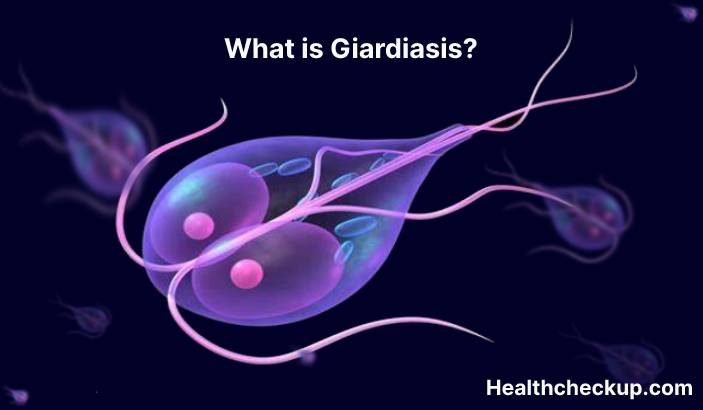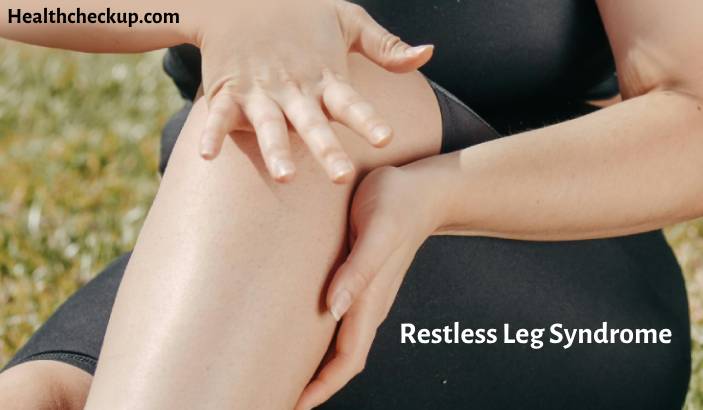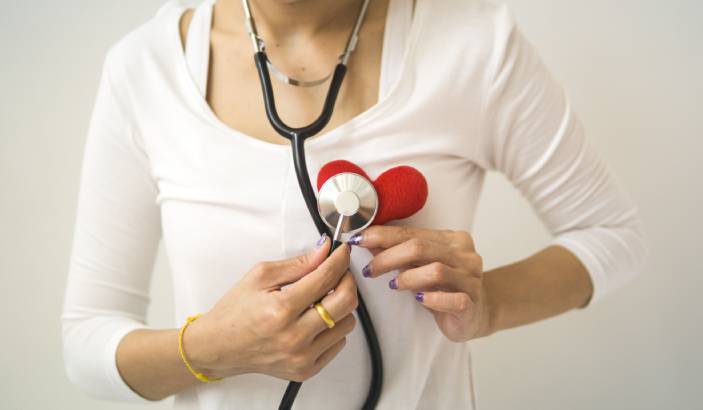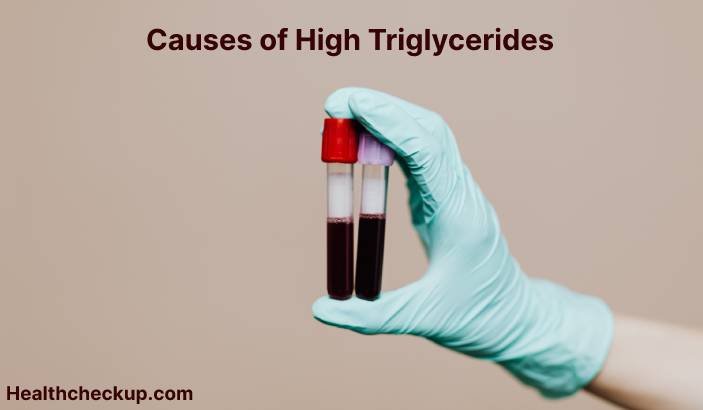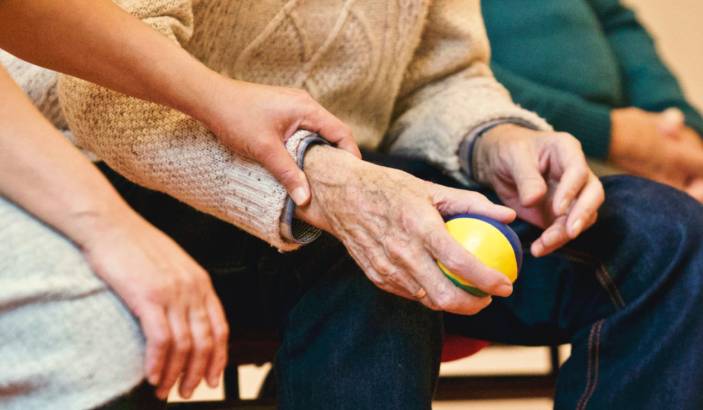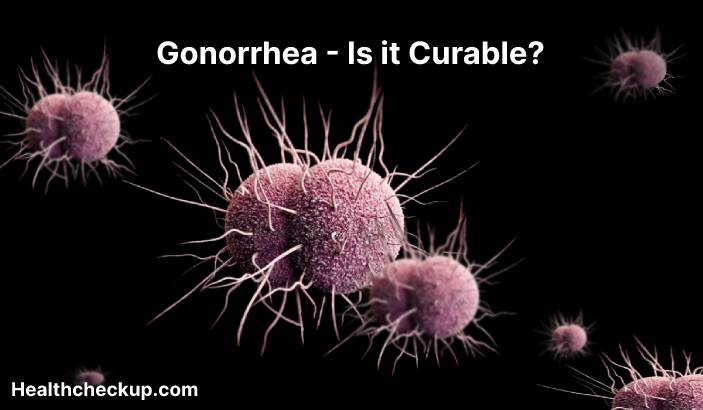Giardiasis is an infection of the small intestine caused by the Giardia parasite. Giardiasis is transmitted through the ingestion of contaminated food or water, or through close contact with an infected person. Giardiasis is a common cause of waterborne illness and is more likely to occur in areas with poor sanitation and hygiene. Giardiasis can range from a mild, self-limited illness to a severe, potentially life-threatening condition.
Symptoms of Giardiasis
Symptoms of giardiasis appear one to two weeks after infection and include:
- Diarrhea
- Abdominal cramps
- Flatulence (excess gas)
- Nausea and vomiting
- Weight loss
- Fatigue
In severe cases, giardiasis leads to malnutrition, dehydration, and electrolyte imbalances.
Diagnosis of Giardiasis
Giardiasis is typically diagnosed based on the presence of characteristic symptoms and a history of exposure to contaminated food or water. Laboratory testing, such as a stool culture or antigen test, is also be used to confirm the diagnosis.
Treatment of Giardiasis
Treatment for giardiasis typically includes medications to kill the parasite, such as metronidazole or tinidazole. It is important to complete the full course of treatment to ensure that the infection is fully cleared. In severe cases, hospitalization may be necessary to provide supportive care, such as fluids and electrolytes.
Prevention of Giardiasis
There are several steps that can be taken to reduce the risk of giardiasis, including:
- Practicing good hygiene: Washing hands with soap and water, particularly after using the bathroom and before preparing food, can help to reduce the risk of infection.
- Drinking safe water: It is important to only drink water that has been treated or that is known to be safe.
- Avoiding close contact with infected individuals: It is important to avoid close contact with individuals who are experiencing symptoms of giardiasis or who have been exposed to the parasite.
- Cooking food thoroughly: It is important to cook food, particularly meat, thoroughly to kill any bacteria or parasites that may be present.
If you think that you have giardiasis, it is important to seek medical attention as soon as possible. Early diagnosis and treatment helps to prevent complications. Your healthcare provider will work with you to develop a treatment plan.


